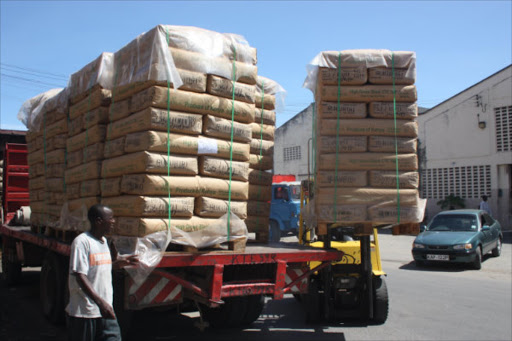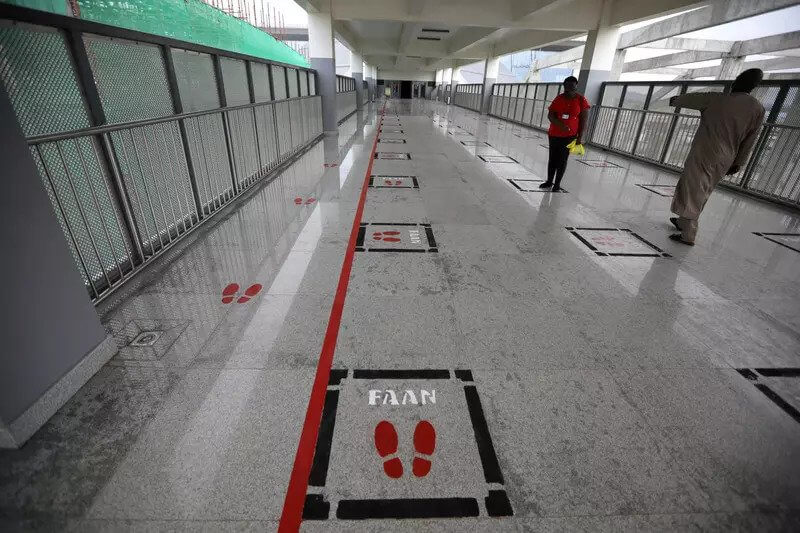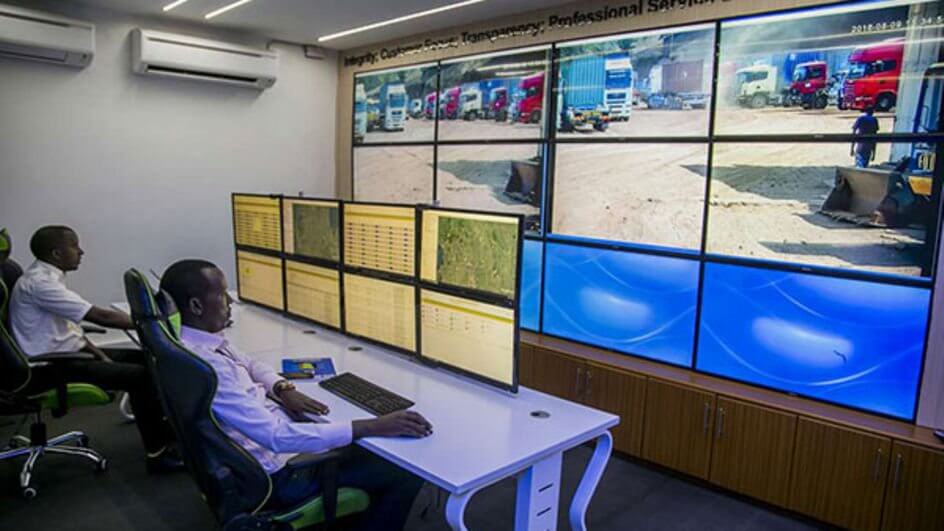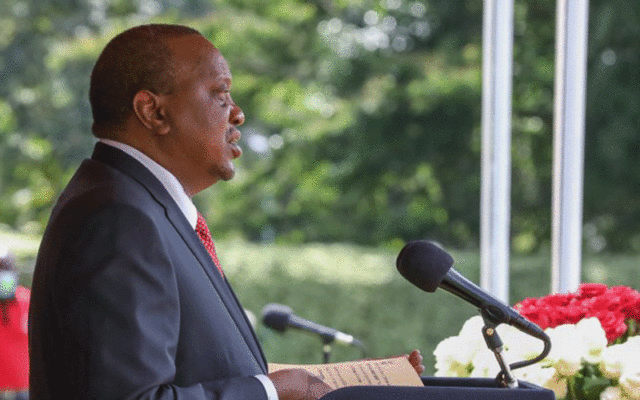In Summary The commodity traded at $1.81 (Sh193.85) last week. The tea sector is grappling with oversupply owing to prolonged rainfalls in tea growing areas in the country. Tea prices this week fell to the lowest mark this year at the Mombasa auction, as demand for the commodity recorded mixed performances in the export markets. A kilo averaged $1.73 (Sh185.28), down from $1.81 (Sh193.85 ) last week, amid an increase in volumes traded at the weekly auction. The volumes traded went up to above 10 million kilos compared to 9.7 million kilos last week. “The total volume traded for Sale 27 was 318,729 Kilos more than Sale 26,” the East African Tea Trade Association (EATTA) says in its weekly report. Out of 192,080 packages (12,649,027.50 kilos) available for sale, 151,741 packages (10,011,700 kgs) were sold. 21 per cent packages remained unsold, EATTA notes. Kazakhstan, other CIS nations, Sudan, Afghanistan and Bazaar showed more interest. Yemen, other Middle Eastern Countries and Egyptian Packers were active but at lower levels while UK and Russia were selective. “There was reduced activity from Pakistan Packers with some selective interest from Iran. Local Packers were active in line with price. Somalia were active at the lower end of the market,” EATTA Managing Director Edward Mudibo said. This is a new low mark this year. The commodity had traded at $1.78 (Sh190.64 ) for three consecutive weeks, which was the lowest this year, before picking to Sh193 last week. The highest price remains in the first week of January when the auction opened with an average...
Tea prices hit a new low at weekly auction
Posted on: July 14, 2020
Posted on: July 14, 2020
























